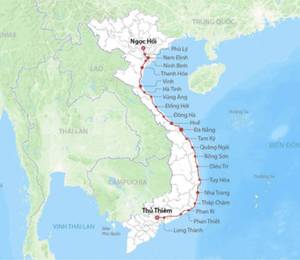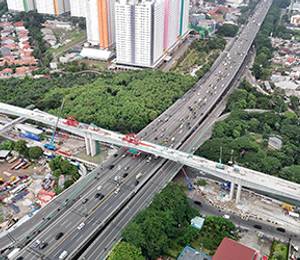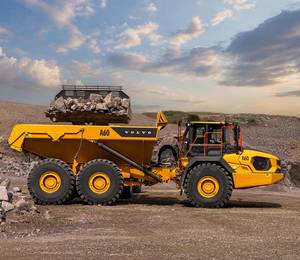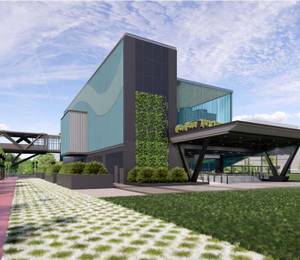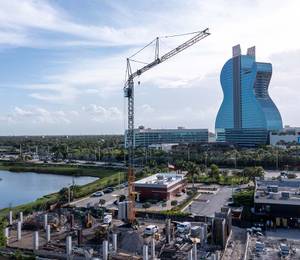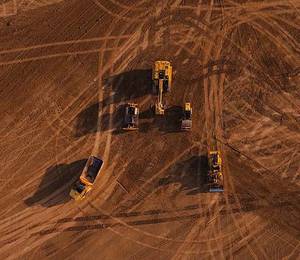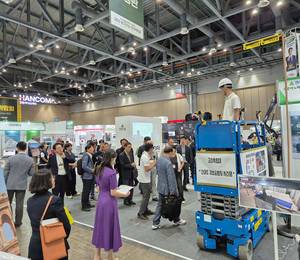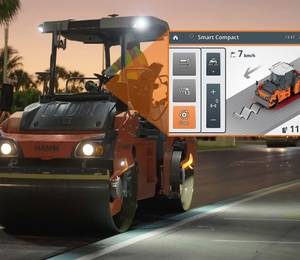Mitsubishi Estate has started construction of the new Shimojishima Airport Passenger Terminal in Irabu, Miyakojima City, Okinawa Prefecture, Japan. It is scheduled to open in March 2019, servicing international and domestic flights as well as private jets. The facility will have a floor area of 13,840 sq m.
Okinawa Prefecture has set a target of attracting 12 million tourists, including four million international visitors, by fiscal year 2021, according to Mitsubishi Estate. In response to this, Shimojishima Airport in conjunction with the Prefecture intends to attract new routes to stimulate the demand for and service international flights, domestic Low-cost carrier (LCC) flights, as well as private aircrafts.
For international flights, Asia is identified as the main target market, said Mitsubishi Estate, as Taiwan and Hong Kong have been sending a large number of tourists to Okinawa in recent years and Korea already has charter flights to Miyako Island. For the domestic market, the focus will be on LCCs flying from major cities.

One of the highlights of the new terminal is its advanced environment-friendly features: cross laminated timber (CLT) and net zero energy building (ZEB). The terminal is set to be Japan’s first-ever airport terminal to be built with CLT technology, which consists of large-dimension wooden panels formed by laminating layers of sawn lumber perpendicular to each other.
The terminal is also designed as a net zero energy building (ZEB), aiming to achieve a zero net balance of annual primary energy consumption when a renewable energy source is employed. Substantial energy savings are produced while maintaining the quality of the indoor environment and a high level of energy self-sufficiency.
Energy-saving strategies include minimising the energy load of the building by advanced design and construction; active utilisation of natural energy through passive technologies; and highly efficient mechanical systems. Primary energy consumption is estimated at 68 percent less than a comparable structure built to the national standard.
This corresponds to the ZEB Ready ranking in the ‘ZEB Roadmap’ of the Agency for Natural Resources and Energy of METI (Ministry of Economy, Trade and Industry), and it has received the highest ranking certification of BELS (building energy-efficiency labelling system) from the Ministry of Land, Infrastructure, Transport and Tourism (MLIT), said Mitsubish Estate. This is believed to be a first for an airport terminal, and in achieving the ZEB ranking, the facility has become part of METI’s ZEB Demonstration Project.
Contractors on the project is a joint venture of Kokuba-gumi Co Ltd and Daiyone Kensetsu Corporation. The CLT installation will be carried out by Yamasa Mokuzai Co Ltd.

